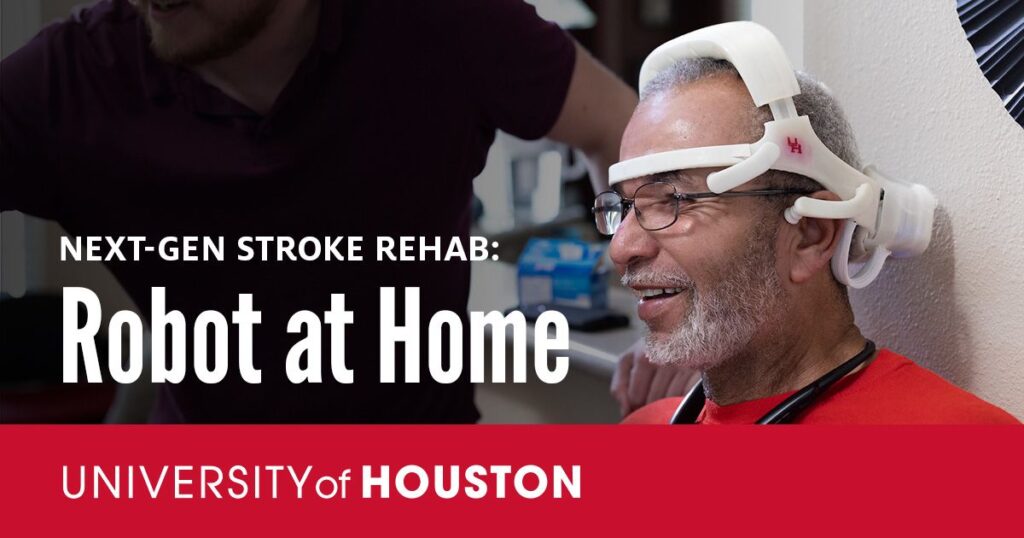 (AGENPARL) - Roma, 29 Giugno 2022
(AGENPARL) - Roma, 29 Giugno 2022(AGENPARL) – HOUSTON mer 29 giugno 2022

Advancing National Health
The promise of advancing national health is no understatement. Stroke is the leading cause of neurological disability in the United States and arm paresis is a primary cause of physical disability, yet only 31% of stroke survivors receive outpatient rehabilitation.
“Our project addresses a pressing need for accessible, safe and effective stroke rehabilitation devices for in-clinic and at-home use for sustainable long-term therapy, a global market size expected to currently be $31 billion. Unfortunately, current devices fail to engage the patients, are hard to match to their needs and capabilities, are costly to use and maintain, or are limited to clinical settings,” said Contreras-Vidal.
His brain-controlled robotic devices are excellent candidates for engaging patients and delivering the repetitive and intensive practice stroke survivors require for rehabilitation.
It’s a medical milestone that certainly takes a village.
The project is funded by an $813,999 grant from the National Science Foundation’s newly created Division of Translational Impacts, TIP Directorate for Tech, Innovation, & Partnerships. Contreras-Vidal is director of the NSF-funded IUCRC BRAIN Center and the Laboratory for Noninvasive Brain-Machine Interface Systems at UH where he developed the device. Gerard E. Francisco, M.D., chair and professor in the Department of Physical Medicine and Rehabilitation at McGovern Medical School at UTHealth Houston and chief medical officer and director of the Neuro Recovery Research Center at TIRR Memorial Hermann, is leading the clinical trials.
Fonte/Source: https://stories.uh.edu/2022-stroke-rehab/index.html

